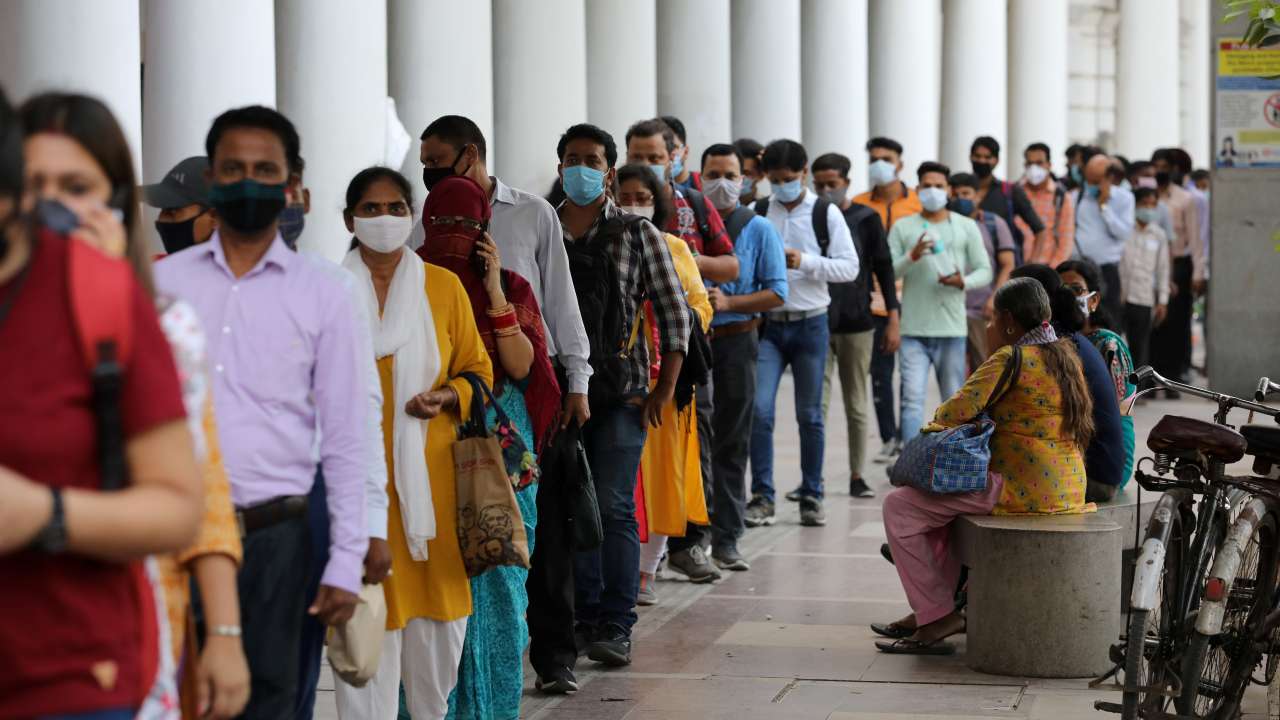COVID-19 has taken away a lot – lives, economy, health and any semblance of normality. It has put health on a forefront. It has united the world in a vaccine wait. It has unleashed new ways of learning and doing. It has forced isolation and made us adapt new ways of connection and intimacies. It has made compulsive hand washers of us all – wiping, disinfecting, sanitizing the sanitizer. It has tested collective patience of the world and reinforced the resilience of humans in adversity.
The pandemic has shown us how completely life can be disrupted due to a single virus. How borders are porous and public health is a global responsibility. How without investments in health, other facets of life mean little. The pandemic has most clearly demonstrated that everything we took for granted in life is illusive.
So what have we missed in 2020? We have missed intimacy – meeting friends for coffee and having work meets that dissolve into lunches, the long, multi city wedding festivities, the festivals and the food, and the birthdays, at least for a while had become a zoom affair. We have missed physically reaching out to friends and family in joy and sorrow – birth of a baby or bereavement. We have sadly missed taking care of our health and neglected doctor visits. We have missed our social support networks that helped with our mental health.
We have missed the ability to sit next to strangers whether in public transportation or hospital waiting rooms without constant anxiety. We miss the ability to touch surfaces – park benches, groceries, restaurant tables, with carefree abandon – without thinking that innocuous pizza box can be teeming with disease. We miss the ease of rubbing our eyes and chewing our nails without getting a panic attack after.
We will emerge out of this pandemic with great realization of our own limitations and vulnerabilities. Losses or lives and livelihood have shaken the foundations of our belief in security of life. Visuals of working class trudging long distances in heat and without food has shown us how most of India lives – in poverty, without social security and at great risk of any adversity. Lack of hospital beds, PPE kits and medicines has demonstrated how woefully underfunded is our public health system.
Education moving online has proved that there exists great divide between digital India and the vast majority of poor Indians who for lack of tablets and electricity will not be able to access basic right of right to education. Closing down of factories, restaurants and other service sector enterprises has shed light on the vast unemployment problem facing the country where youth have little job security, state support or savings to see them through sudden job losses.
The pandemic in a limited way has shown alternate strategies and methods of working from home, working remotely, accessing and providing services online etc. These must be developed and refined further and made more inclusive. The pandemic has also exposed how gender division of labour at home is skewed and put in focus disproportionate work that women take on – their careers, household chores and childcare. The lockdowns have given a chance to men to step up and do their share.
The pandemic has revealed global nature of viruses that know no border. With increasingly interconnected world with trade and travel increasing everyday health – particularly preventive health including infectious diseases and vaccinations – will have to become a global responsibility. Ebola, SARS, Nipah etc. are other similar examples of diseases that spread throughout the world in little time. The pandemic has taught us the importance of investing in research and development – the vaccine development has brought together leading scientists and academics together and also made apparent that while India leads the world in vaccine production there is little investment in research.
The post pandemic life will be one of quiet resilience and build up. Climate change, health and hygiene and research in vaccines and drugs, social security nets and state support for all should form focus of the post pandemic years.


















